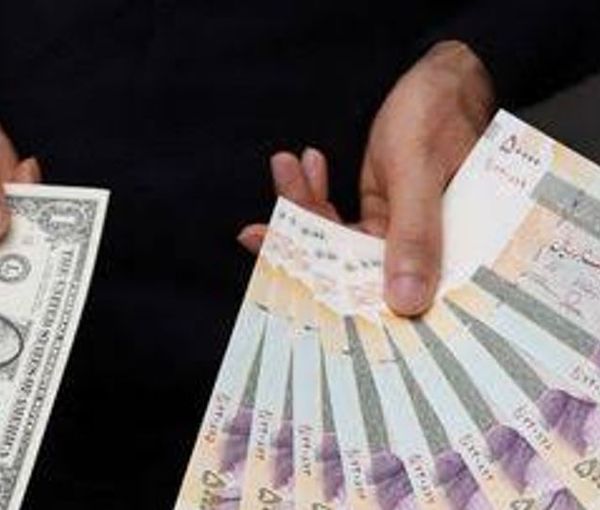
Amid the ongoing economic crisis in Iran, politicians and officials are making contradictory statements regarding the reported decrease in food consumption.
While some have expressed concerns over people’s reduced purchasing power, the vice president rejected these claims as “baseless”.
Ayub Fasahat, CEO of the Fruit and Vegetable Markets of Tehran Municipality, revealed on Friday the profound impact of the government decision in May 2022 to slash food import subsidies. Fasahat stated, "People's purchasing power has decreased drastically, and the consumption of dairy products in the country has declined between 28 to 30 percent."
However, Mohammad Hosseini, the parliamentary liaison of President Ebrahim Raisi, challenged such statements, highlighting the need for evidence-based claims. Hosseini remarked, "Some time ago, one of the MPs said that thousands of people are killed on the roads every day, or some say that inflation is 120%. What is the basis?"
Supporting Fasahat's concerns, the Ecoiran website quoted a Central Bank source in April saying that the annual inflation rate surged to 68.7 percent.
The depreciation of the Iranian rial, which halved in value in the past year, further exacerbates inflationary pressures. One year ago, the rial was trading at around 300,000 per US dollar, while currently it stands at 490,000. This depreciation tells the story of the impact of inflation on Iran's economy, as imports become more expensive.
The economic crisis has exacerbated social discontent, particularly among the younger generation. While large-scale anti-regime protests in 2022 were primarily driven by social and political oppression, the current economic challenges are contributing to mounting popular frustration.

 9 months ago
44
9 months ago
44
